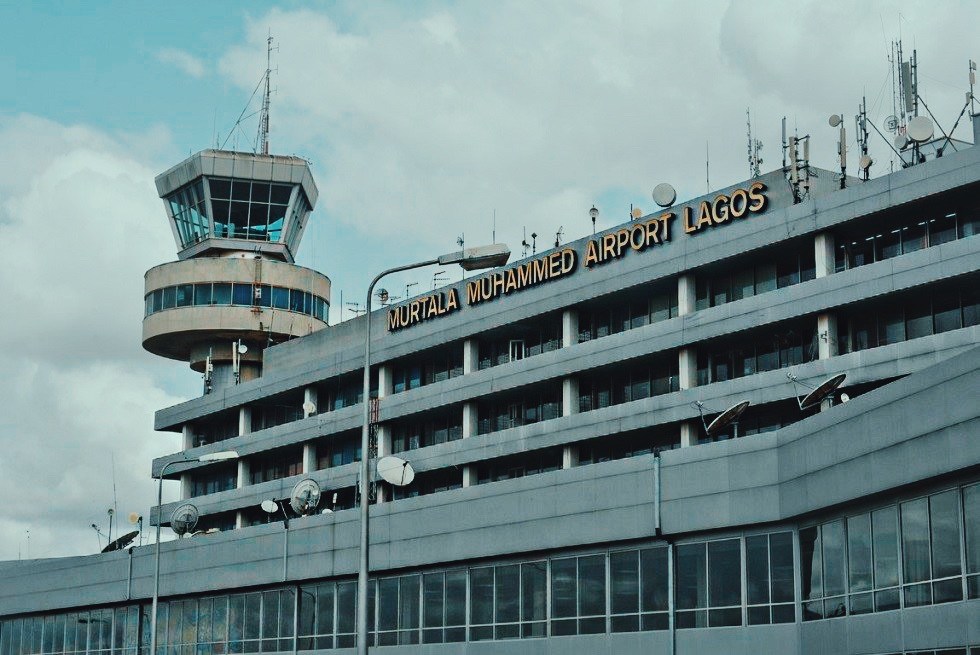Business
Airlines expand flight seats to offset high operating costs

Domestic airlines have adopted a strategic approach by increasing the number of available flight seats, thereby accommodating more passengers and augmenting their revenue.
Susan Akporiaye, the President of the National Association of Nigeria Travel Agencies, highlighted this development as an adaptive measure taken by airline owners to boost the capacity of their carriers amidst diminishing profits. She attributed the need for such measures to the ongoing challenges resulting from foreign exchange scarcity.
The primary goal of introducing lower-priced seats is to bolster the average seats per flight and consequently reduce the per-seat expenses, Akporiaye explained. She clarified that while the operating costs have remained largely unchanged due to the fluctuating exchange rate, airlines have now started making cheaper seats available. Previously, many airlines had suspended the sale of more affordable fare classes, exclusively offering higher-priced options in response to the trapped funds issue. However, the current exchange rate dynamics have prompted them to reintroduce cheaper seats in order to bolster their revenue and maintain their competitiveness in the industry.
The recent surge in airfares due to factors like foreign exchange scarcity has raised concerns among aviation experts. They have expressed apprehensions about the potential negative repercussions on the aviation sector.
Despite assurances from the Minister of Aviation and Aerospace Development, Festus Keyamo, regarding efforts to address sectoral challenges, experts contend that the industry continues to grapple with issues stemming from policy regulation and implementation.
Moreover, Group Capt. John Ojikutu, the Chief Executive Officer of Centurion Security, has urged relevant authorities to conduct a comprehensive assessment of the commercial aviation sector to gauge the financial stability of all airlines.















